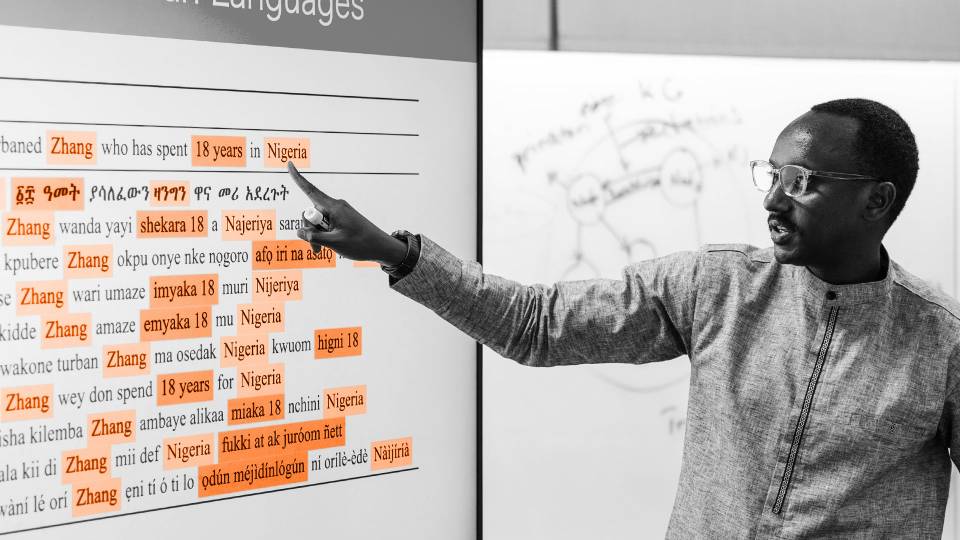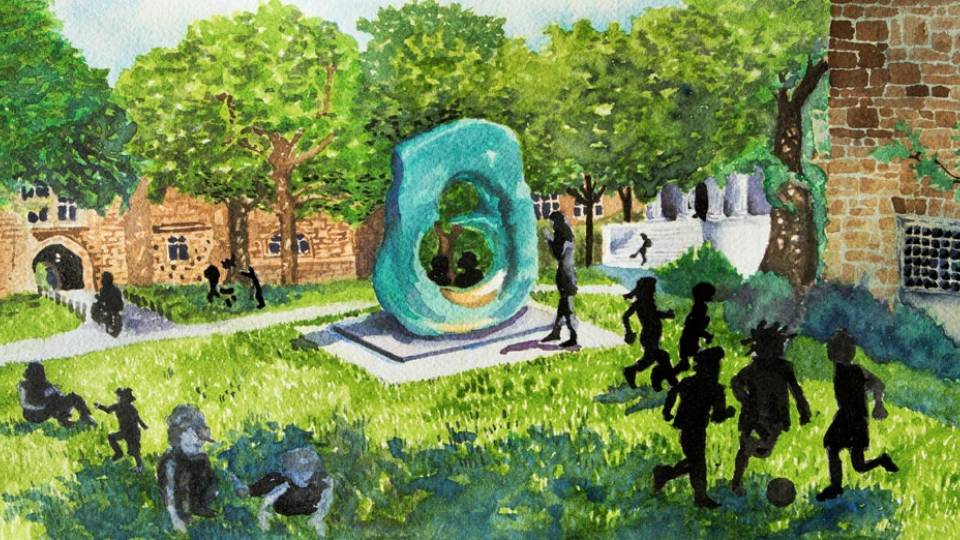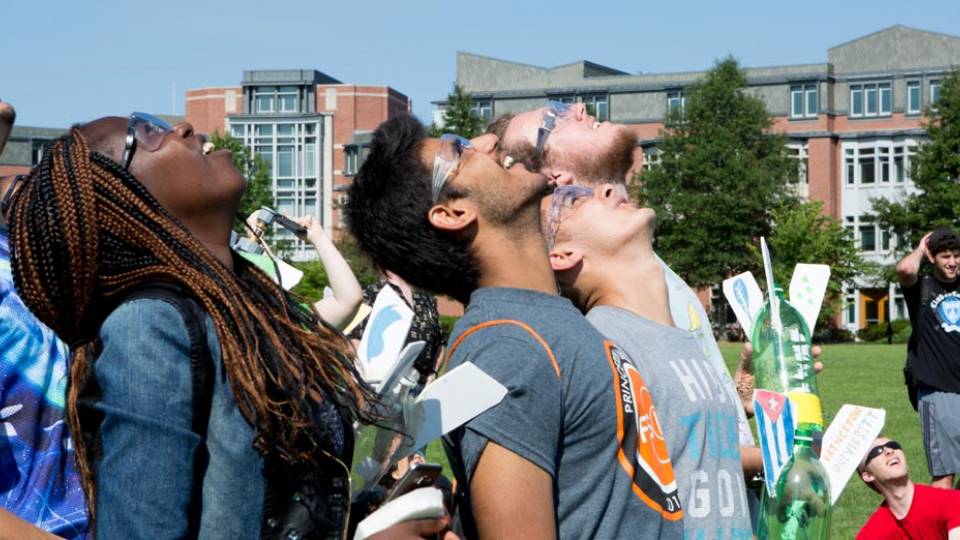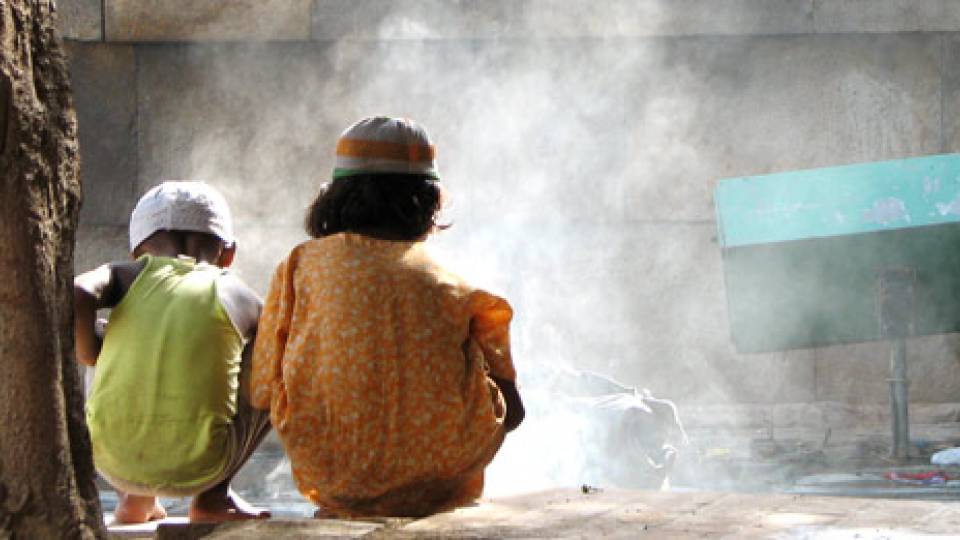Princeton University's Program in Dar es Salaam introduces students not just to the Swahili language but to the people and culture of East Africa.
Watch the video below to get an inside look at the summer study abroad program, which takes students to Tanzania for eight weeks of intensive instruction in Swahili and an immersion in the daily life of the nation's commercial capital, Dar es Salaam.
The program is based at the Institute of Kiswahili Studies at the University of Dar es Salaam. Many participants use their free time to volunteer in the community through schools, youth programs and community services.
Participants also take field trips, including an academic safari to the Ngorongoro Conservation Area and a cultural field trip to Zanzibar Island.
The program is led by Mahiri Mwita, a lecturer in the Princeton Institute for International and Regional Studies (PIIRS). The program is sponsored by the Program in African Studies, an affiliate of PIIRS, in conjunction with the Office of International Programs.

Dar es Salaam, which means “haven of peace,” is Tanzania's largest city and its commercial capital. (Illustration by Matilda Luk and Andrew Matlack, Office of Communications)






